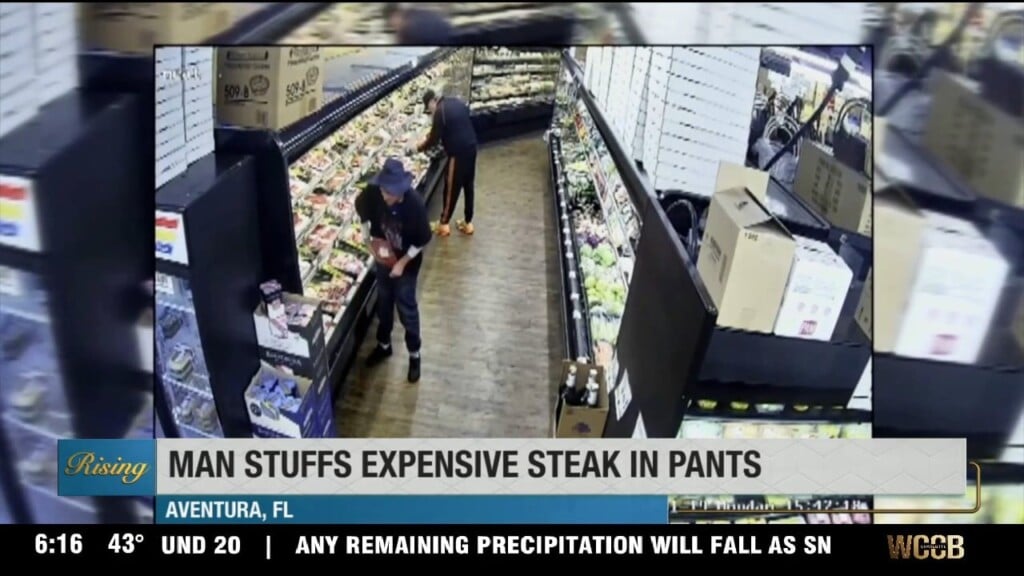Mecklenburg County voters could decide whether to fund transportation
CHARLOTTE, N.C. – After decades of discussion, Mecklenburg County Commissioners will have the power to let voters decide if they want to pay a 1% sales tax to create a transportation fund. NC Governor Josh Stein signed PAVE Act into law which clears the way for a transportation referendum on the November 2025 ballot.
“This will just help us be a healthier city, a safer city, and a city where we’re wasting less time sitting in traffic trying to get to the places we need to go,” Shannon Binns, founder of Sustain Charlotte said. “Whether you’re trying to walk or bike, get access to a bus stop, or drive, these funds will allow us to make a $19 billion investment over the next 20 years, which is significant.”
Governor Stein signed the Projects for Advancing Vehicle Infrastructure Enhancement act Tuesday. It gives the county power to add a referendum to the November ballot. Voters would pay one penny for every dollar spent in the county to create the $19 billion dollar fund. The money would be split 40% for roads, 40% for rails and 20% for buses.
“It’s truly game changing for all of our priorities, not only to deal with the unpleasantness of congestion and to achieve progress on our green goals around clean air and that sort of thing. But it’s just really critical to give people access to opportunity,” Mecklenburg County Commissioner Leigh Altman said.
The penny sales tax would create a fund for several projects including expanding the Blue and Gold lines and creating a new Red line to connect Uptown to Iredell County. The money would also be used to make the bus system faster, safer and more reliable.
“Now all the focus turns to Mecklenburg County,” Commissioner Altman said. “If this is something that sounds like it’s a good thing for us, then we all need to be reaching out to our friends and neighbors and colleagues to talk about it and build support.”
The Charlotte Regional Business Alliance will lead the campaign in support of the sales tax.
Some say the average household will not see a significant change in costs.
“I think for most people, the return on investment in terms of getting that time back, having less frustration, being safer is well worth the very, very small price that each of us would pay,” Binns said.
County Commissioners are hosting a special meeting on July 30th to discuss the referendum. The public can comment on the plan on August 6th before commissioners vote on whether to put the referendum on the ballot.




